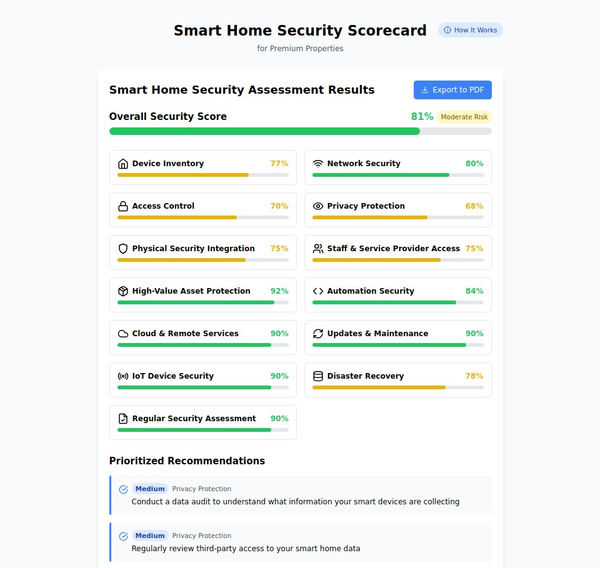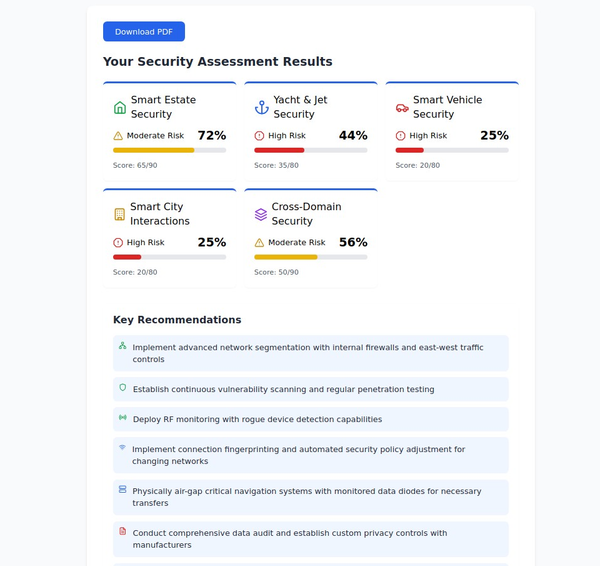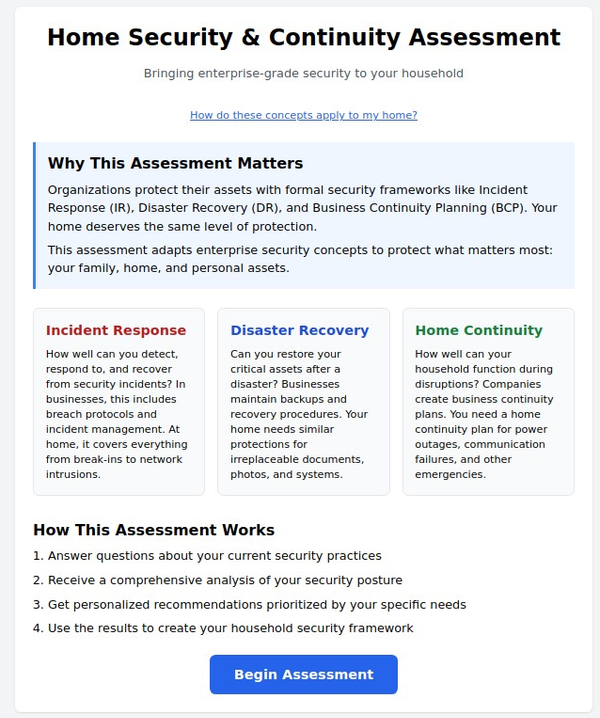Smart Home Data Privacy: Understanding and Protecting Your Personal Information

Introduction: As our homes become smarter and more connected, it's crucial to understand the importance of data privacy in smart homes. The vast amount of personal information collected by smart devices poses potential risks if not adequately protected. In this article, we will delve into the world of smart home data privacy, highlighting the significance of safeguarding personal information and providing practical tips to protect your privacy in a smart home environment.
The Significance of Smart Home Data Privacy:
a. What is Smart Home Data Privacy?
- Smart home data privacy refers to the protection of personal information collected by smart devices within the home, ensuring it remains confidential and secure.
b. The Importance of Smart Home Data Privacy:
- Personal Information Protection: Smart home devices collect a wealth of personal information, including habits, preferences, and even audio and video recordings. Ensuring data privacy prevents unauthorized access and misuse of this information.
- Identity Theft Prevention: Smart homes contain sensitive data that, if compromised, can lead to identity theft and financial fraud. Protecting personal information is essential to prevent such risks.
Understanding Smart Home Data Collection:
a. Types of Data Collected:
- Sensor Data: Smart devices capture sensor data, such as temperature, humidity, and motion, to automate functions and provide personalized experiences.
- Usage Data: Smart devices track usage patterns, device interactions, and preferences to optimize performance and tailor user experiences.
- Audio and Video Recordings: Smart speakers, cameras, and voice assistants record audio and video for voice commands, security monitoring, and other functionalities.
b. Potential Privacy Risks:
- Unauthorized Access: Weak security measures can expose personal data to unauthorized individuals, leading to privacy breaches and potential misuse.
- Data Sharing: Third-party services associated with smart home devices may collect and analyze data, raising concerns about how the information is used and shared.
- Protecting Smart Home Data Privacy: a. Secure Network Configuration:
- Strong Wi-Fi Password: Set a robust password for your Wi-Fi network to prevent unauthorized access to your smart devices and data.
- Network Encryption: Enable WPA2 or WPA3 encryption on your Wi-Fi router to encrypt data transmitted between devices and protect it from interception.
b. Device and Account Security:
- Strong Device Passwords: Set unique and strong passwords for each smart device to prevent unauthorized access.
- Two-Factor Authentication (2FA): Enable 2FA whenever possible to add an extra layer of security to your smart home accounts.
c. Privacy Settings and Data Control:
- Review Privacy Policies: Understand your smart home devices' data collection and sharing practices and choose devices that prioritize privacy.
- Opt-Out of Data Sharing: Disable data sharing options if available or limit it to trusted and necessary services only.
d. Regular Firmware Updates:
- Keep devices updated with the latest firmware to ensure they have the latest security patches and bug fixes.
User Awareness and Education:
a. Know Your Devices:
- Understand the capabilities and data collection practices of each smart device in your home to make informed decisions about privacy settings.
b. Stay Informed:
- Stay up to date with news and developments in smart home security and privacy to stay informed about potential risks and best practices.
c. Privacy-Focused Apps and Services:
- Utilize privacy-focused apps and services prioritizing data protection and providing enhanced security features.
Conclusion: Protecting smart home data privacy is crucial to maintaining the security and integrity of personal information within a connected home environment. By understanding the risks, taking necessary precautions, and staying informed about privacy best practices, homeowners can enjoy the benefits of smart home technology while keeping their personal information safe. Remember, maintaining smart home data privacy requires ongoing vigilance and proactive measures to safeguard your privacy and maintain control over your personal information.
